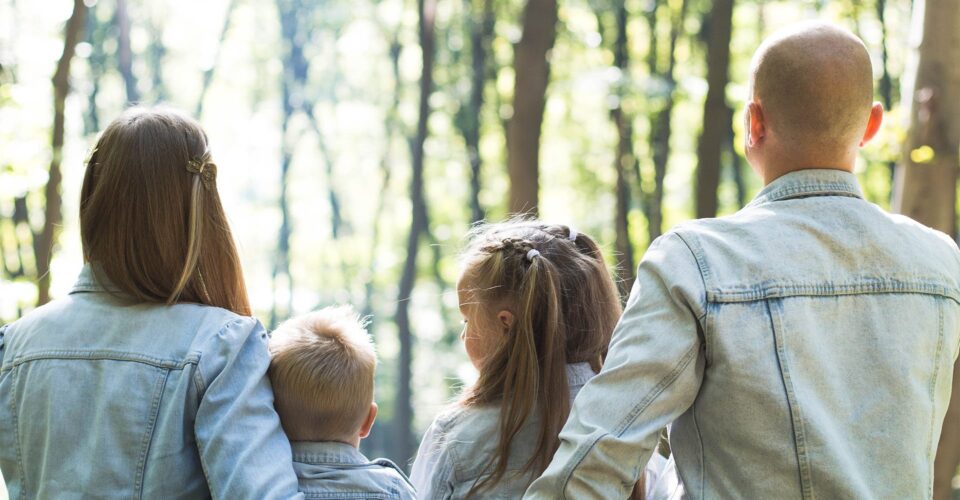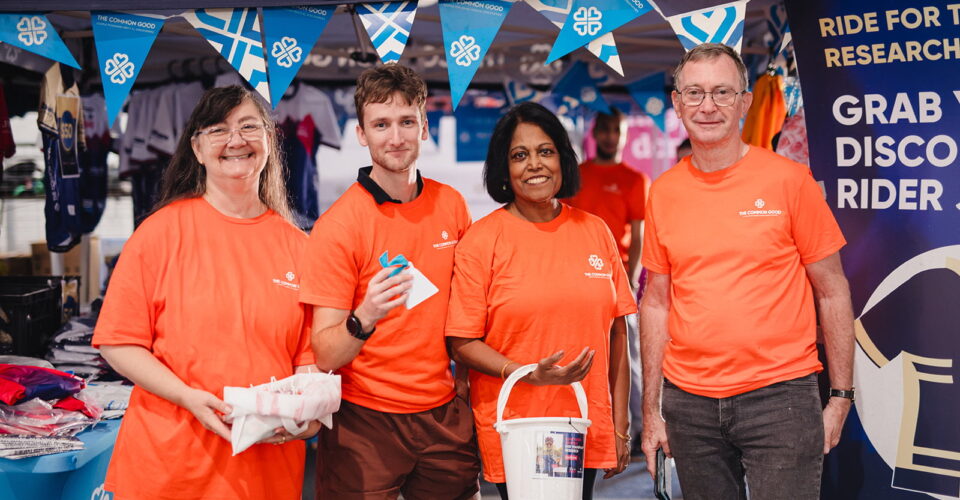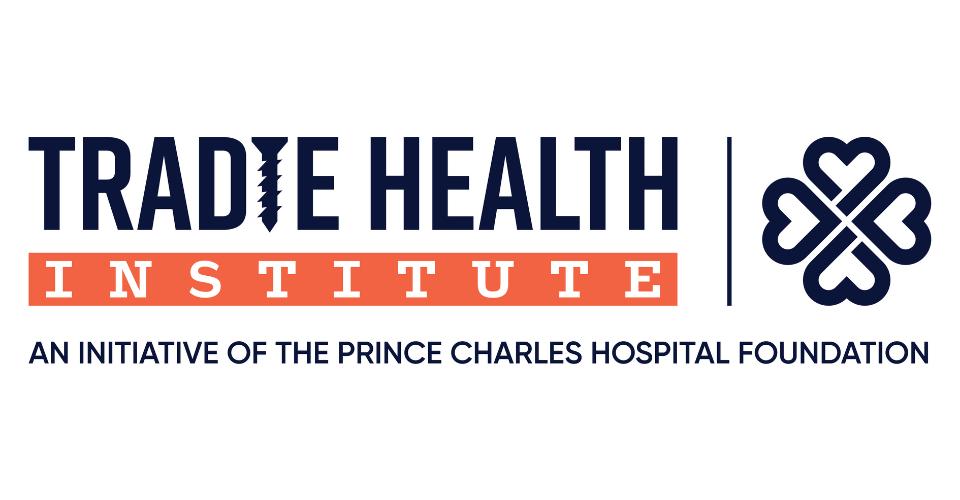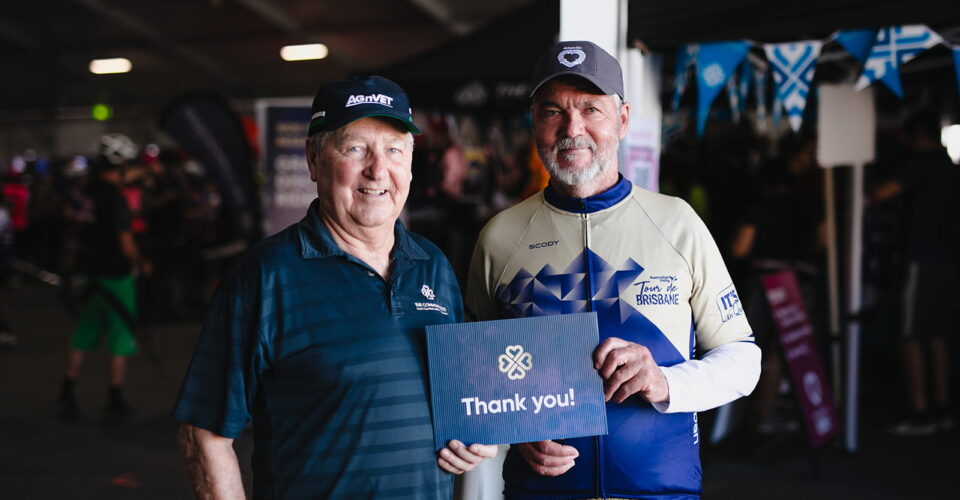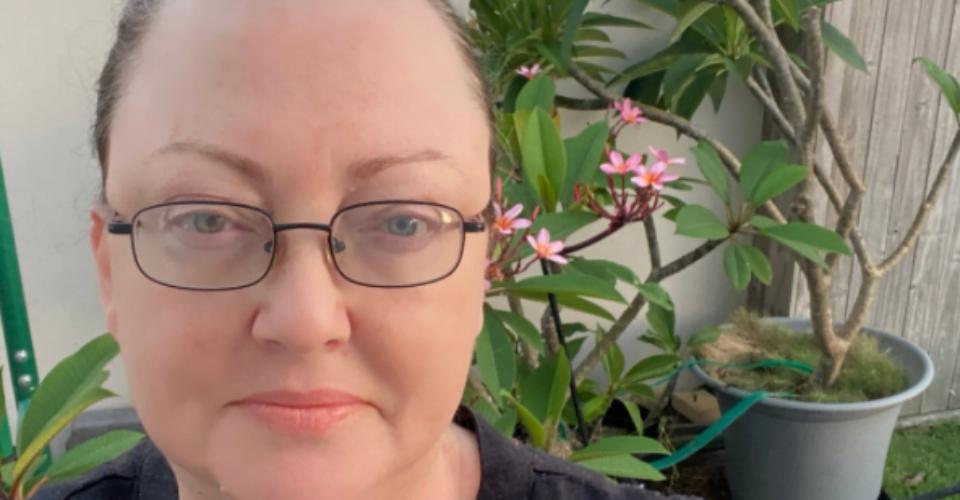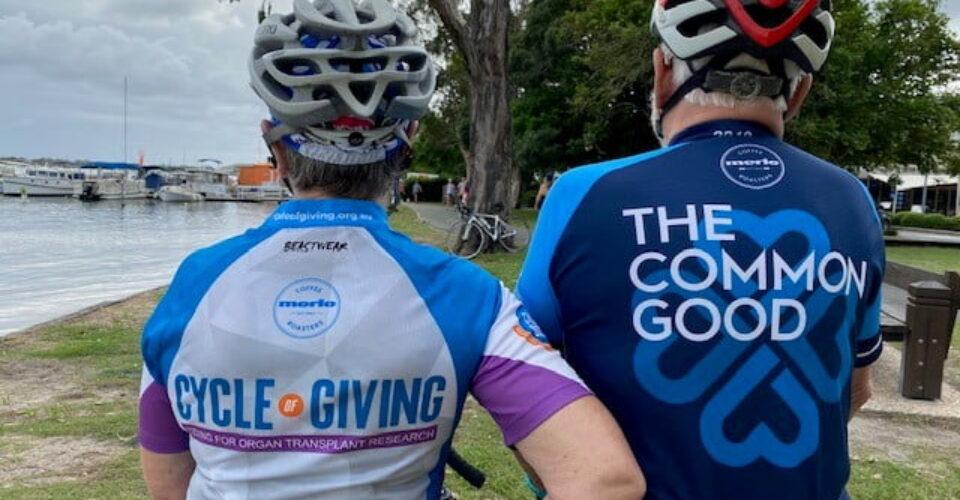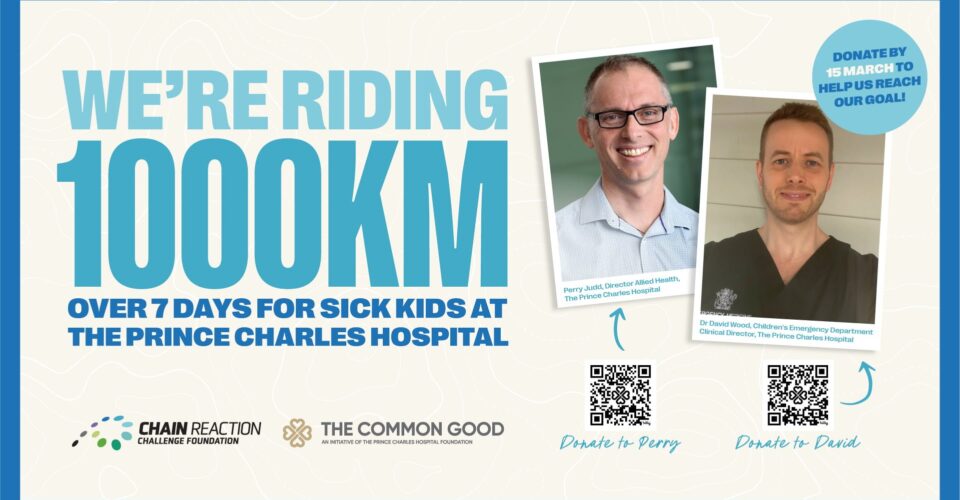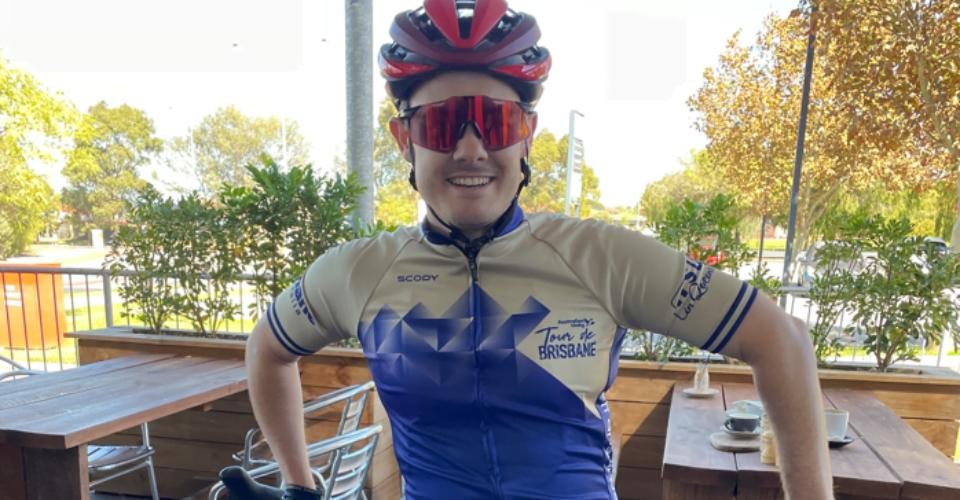At any one time, thousands of infants are infected by the respiratory condition known as severe bronchiolitis.
This infection impairs their ability to breathe in fresh air, and there is no medicine that works to help relieve symptoms. Because of this, the general treatment is by use of a High Flow Nasal Cannula (HFNC) to provide extra oxygen to their little lungs. It’s extremely effective and can help them to recover quickly, but despite its common use it’s not fully understood.
Dr Michelle Davison will be investigating the HFNC to better understand the impact and benefits it can have on patients suffering from severe bronchiolitis. She hopes to highlight preliminary data that suggests the treatment not only increases oxygen to the lungs, but can also help to reduce carbon dioxide consumed and be a great indicator of possible organ dysfunction.
Dedicating time to better understand how HFNCs work could offer valuable insights into other respiratory illnesses and treatments. This will in turn reduce the amount of time patients are in hospital and possibly even lower Intensive Care admission numbers and invasive ventilations methods for infants.
In short, more children will be able to go home with their parents, rather than relying on uncomfortable oxygen machines to breathe in a “scary” hospital environment.
Support The Common Good here.
